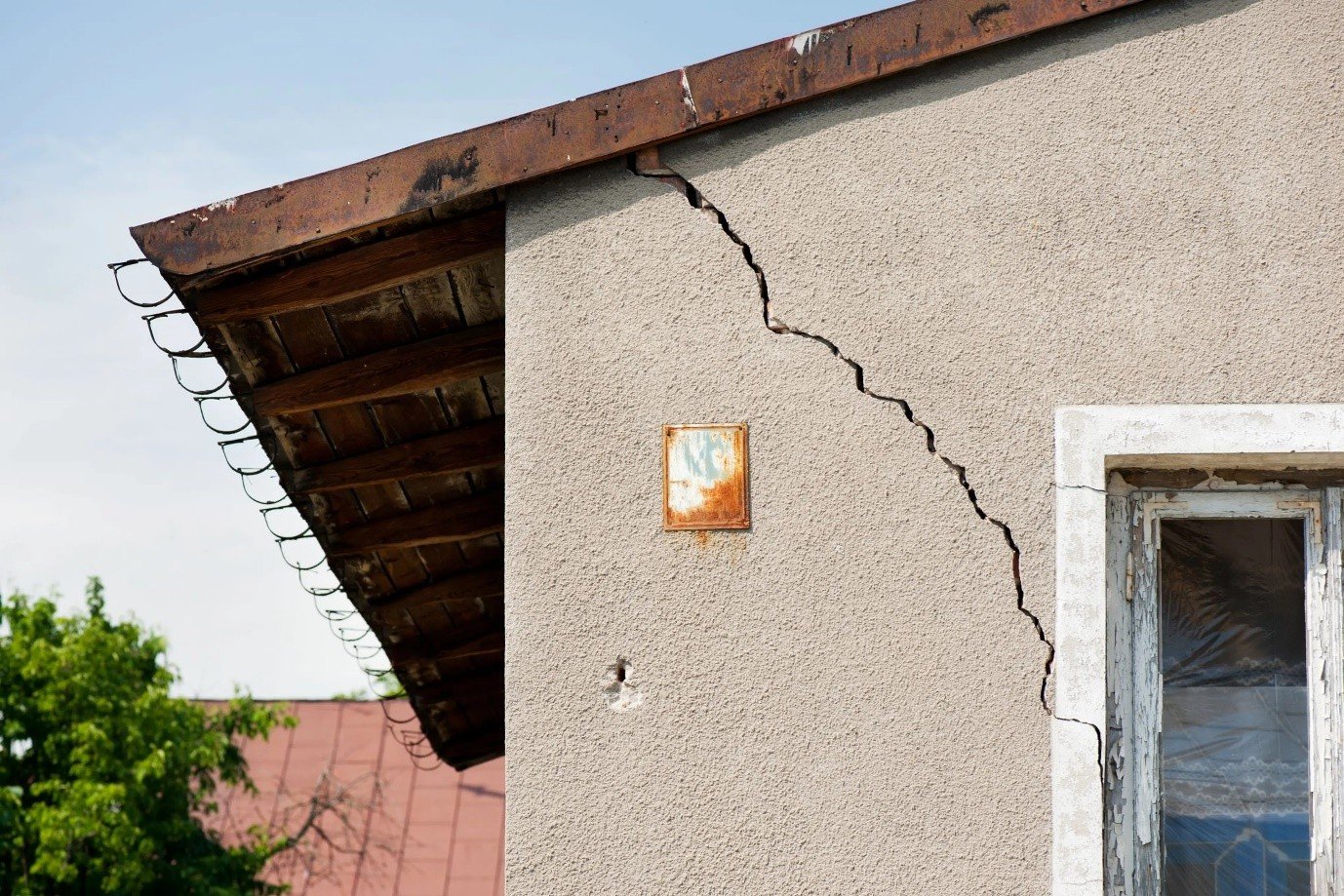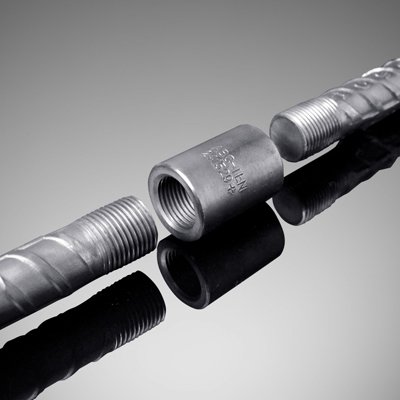Top Factors to Consider When Hiring an EPC Service Provider
In the modern infrastructure and industrial landscape, Engineering, Procurement, and Construction (EPC) service providers play a pivotal role in delivering turnkey projects from concept to completion. Whether you’re planning to build a power plant, a manufacturing unit, a commercial complex, or a renewable energy project, selecting the right EPC service provider is one of the most crucial decisions you will make.
The EPC contractor will be responsible for not just designing and engineering your project, but also procuring the required materials and executing the entire construction. The complexity and capital investment involved in such projects leave little room for error — making it essential to choose a partner who is not only experienced but also aligned with your project goals.
Key Factors to Consider When Hiring an EPC Service Provider
Here are the top factors you should consider when hiring an EPC engineering company in India to ensure your project is completed successfully, safely, and within budget.
1. Industry Experience and Expertise
One of the first things to evaluate is the EPC provider’s experience in your specific industry. An experienced firm brings with it the ability to foresee potential challenges, manage risks, and handle complex technical demands with ease.
Key Considerations:
- Years of experience in the industry
- Past projects relevant to your sector (energy, oil & gas, manufacturing, infrastructure, etc.)
- Experience in executing projects of similar size and scope
- Client references and project case studies
Why It Matters: A company with a proven track record is more likely to deliver quality results efficiently and effectively.
2. Technical Capabilities and Engineering Skills
Your EPC service provider must possess strong in-house engineering and technical teams capable of planning and designing high-performance systems that meet regulatory standards.
Key Considerations:
- Availability of multi-disciplinary engineers (civil, structural, mechanical, electrical)
- Use of advanced design software (AutoCAD, BIM, Revit, etc.)
- Innovation in design and value engineering approaches
- Ability to provide detailed technical documentation and feasibility reports
Why It Matters: Sound technical planning ensures fewer errors in execution, reduced rework, and optimal long-term performance.
3. Procurement Strength and Supply Chain Management
Procurement is a major part of any EPC contract. The EPC contractor must have a reliable and efficient supply chain to source the best quality materials and equipment at competitive prices.
Key Considerations:
- Global and local supplier network
- Vendor qualification process
- Experience in handling long lead-time items
- Logistics capabilities and inventory control systems
Why It Matters: Efficient procurement reduces costs, minimizes delays, and ensures quality and compliance of materials used in construction.
4. Project Management and Execution Capability
Executing an EPC project demands strong project management capabilities. You want a partner that can plan, schedule, and deliver on time without compromising quality or safety.
Key Considerations:
- Proven project management systems and tools (MS Project, Primavera, etc.)
- Detailed project timelines and Gantt charts
- Resource allocation and mobilization planning
- Track record of on-time delivery and budget adherence
Why It Matters: A contractor with good execution skills will minimize downtime, avoid cost overruns, and keep your project on track.
5. Financial Stability
Financial health is often overlooked, but it’s vital. A financially sound EPC firm can handle unforeseen delays, price fluctuations, and upfront expenses without interrupting the project.
Key Considerations:
- Audited financial statements
- Access to working capital and credit lines
- Capability to handle large contracts and mobilize resources quickly
- Insurance coverage and bonding capacity
Why It Matters: Financial stability ensures the contractor won’t default midway, delaying or derailing your project.
6. Compliance with Safety and Environmental Standards
Construction projects come with risks to workers, the environment, and surrounding communities. A responsible EPC company will follow strict safety protocols and environmental regulations.
Key Considerations:
- Health, Safety & Environment (HSE) certifications
- Record of incidents and safety violations
- Use of personal protective equipment (PPE) and site safety procedures
- Compliance with environmental laws and waste disposal regulations
Why It Matters: Non-compliance can lead to legal issues, work stoppages, or environmental damage that tarnishes your reputation.
7. Licensing, Accreditation, and Certifications
A reputable EPC contractor will have all the necessary legal and professional credentials to operate in the locations where your project is planned.
Key Considerations:
- Valid business licenses
- Industry certifications (ISO, OHSAS, etc.)
- Government and regulatory approvals
- Memberships in professional organizations or trade bodies
Why It Matters: Proper licensing ensures legitimacy and avoids legal complications during the project.
8. Use of Modern Technology
Technology enhances precision, productivity, and transparency in EPC projects. Look for contractors who embrace modern construction and management technologies.
Key Considerations:
- Use of Building Information Modeling (BIM)
- Drone surveillance for project tracking
- IoT-enabled smart monitoring systems
- Cloud-based documentation and collaboration tools
Why It Matters: Technology helps in better coordination, risk mitigation, and real-time progress updates.
9. Flexibility and Customization
Every project is unique. A good EPC partner must be able to customize their approach according to your project’s needs, budget, and vision.
Key Considerations:
- Willingness to adapt to client requirements
- Ability to suggest cost-effective alternatives
- Collaboration and feedback process
- Involvement in decision-making and change management
Why It Matters: Flexibility ensures a client-focused approach and leads to better outcomes.
10. Transparency and Communication
Your EPC partner should be transparent about their methods, challenges, billing, and progress. Strong communication ensures everyone stays aligned and informed.
Key Considerations:
- Regular updates and review meetings
- Designated point of contact or project coordinator
- Transparent billing and reporting systems
- Responsive and proactive communication style
Why It Matters: Open and honest communication prevents misunderstandings, conflicts, and delays.
11. After-Sales Support and Maintenance
Many EPC projects require post-handover services such as maintenance, training, and troubleshooting. Choose a partner who offers strong post-commissioning support.
Key Considerations:
- Availability of Operation & Maintenance (O&M) services
- Performance warranties and service-level agreements (SLAs)
- Technical support team availability
- Spare parts and repair services
Why It Matters: Long-term support ensures the ongoing success and reliability of your facility or plant.
Conclusion
Hiring an EPC service provider is more than just outsourcing engineering and construction—it’s about forming a strategic partnership that can make or break your project. By considering the factors mentioned above—ranging from technical capability and financial strength to safety and post-project support—you can ensure that you’re entrusting your investment to a qualified and reliable partner.
Don’t rush the selection process. Take time to evaluate potential EPC companies thoroughly, conduct site visits if possible, review their client history, and ensure contractual clarity. When chosen carefully, the right EPC service provider will help you bring your vision to life while maximizing value, minimizing risk, and delivering excellence at every stage. Horizon InfraDesigns, a trusted name in Engineering Consultancy Services, combines deep technical expertise with practical execution to provide end-to-end EPC solutions tailored to your project's unique requirements.






